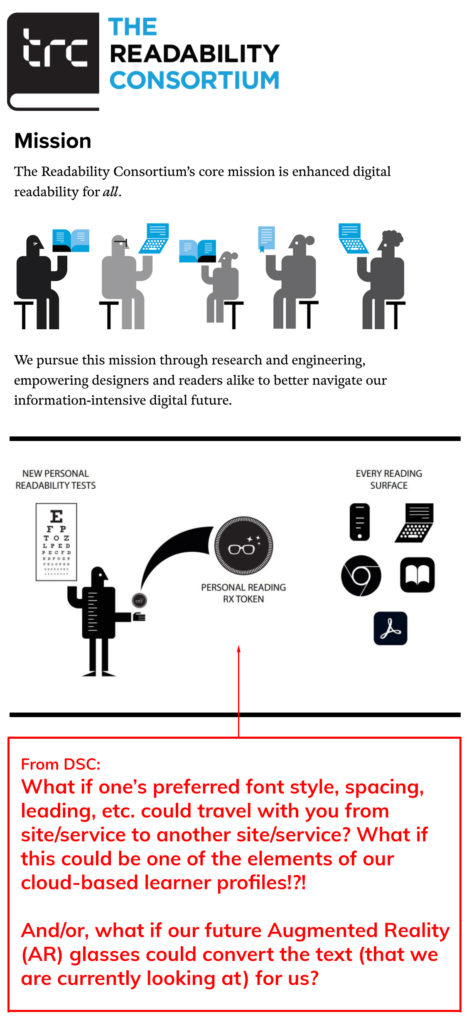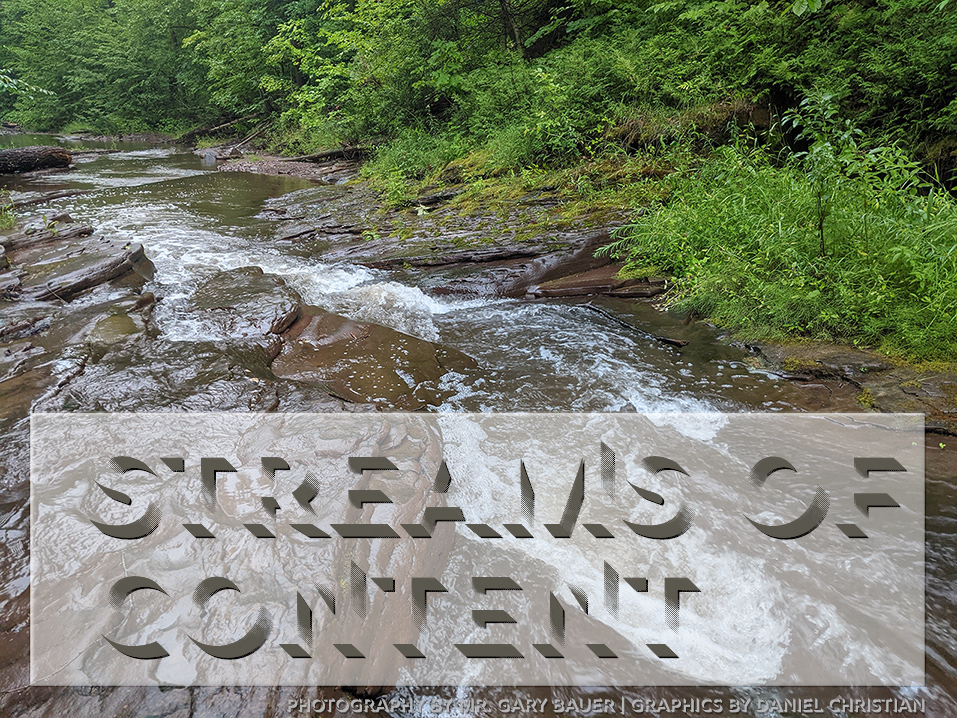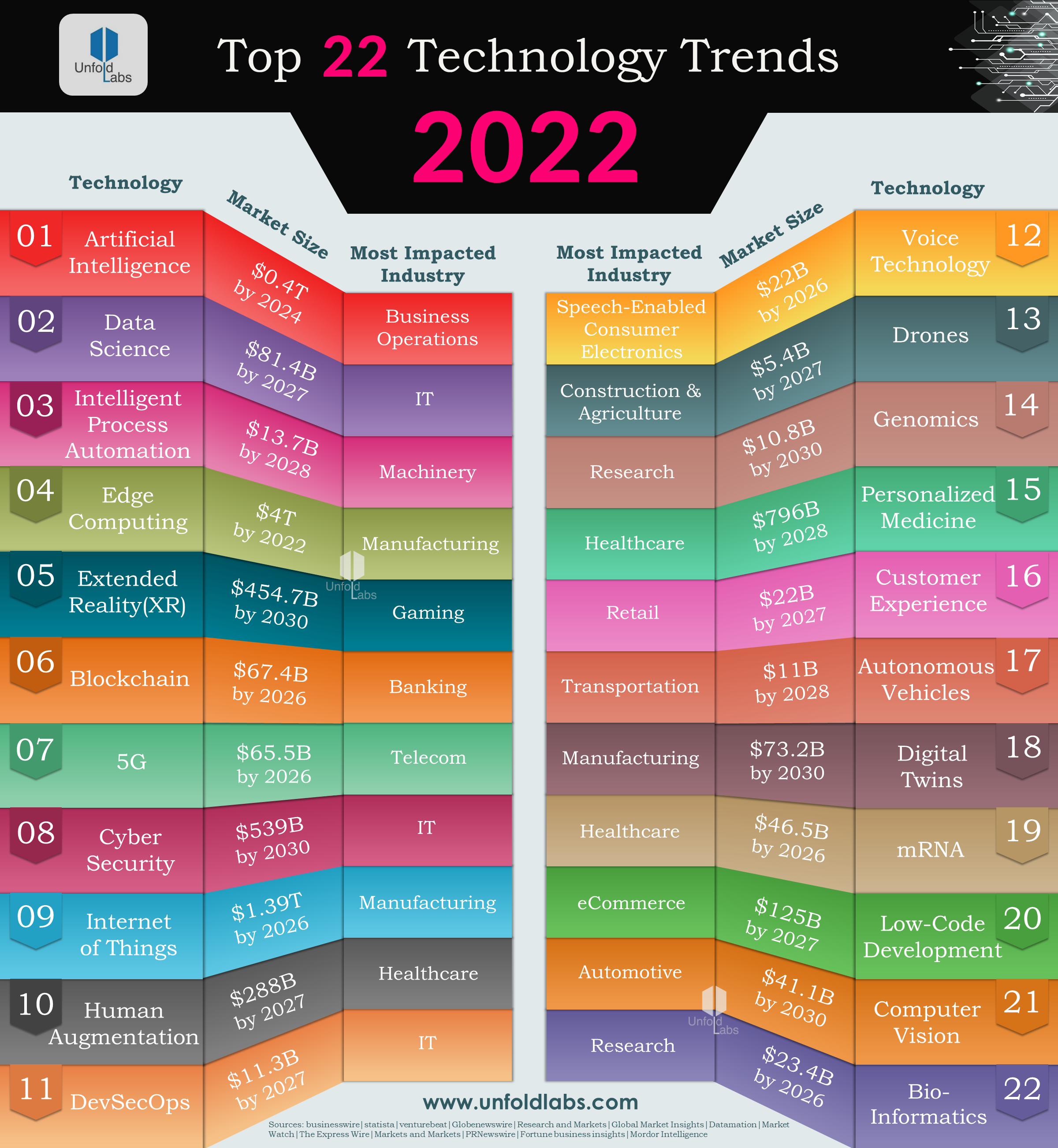Also from Eva Keiffenheim (on Medium.com, on Twitter), see:
What Most People Get Dangerously Wrong About Building a Second Brain
And how to fix it.
Also relevant/see:
Analysis: 6 Brain-Based Learning Strategies and Study Skills That Help Teens Learn — from the74million.org by Hank Pellissier
Excerpt:
Teens zoning out during Euclidean geometry or citing TikTok influencers in an expository paper doesn’t always mean they are bored or lazy, argues neurologist and teacher Judy Willis, co-author of Research-Based Strategies to Ignite Student Learning: Insights from Neuroscience and the Classroom. “The demands on students are squishing their natural curiosity and joy of learning,” Willis says.
Brain scientists suggest that students absorb information best if they work in what’s known as the flow state. This mindset is reached when their consciousness is fully “in the zone,” entirely focused on activities they find so pleasurable that time flies and all distractions disappear. Try these brain-based learning strategies and study skills that can help teens enter this open state of more productive and enjoyable learning.












